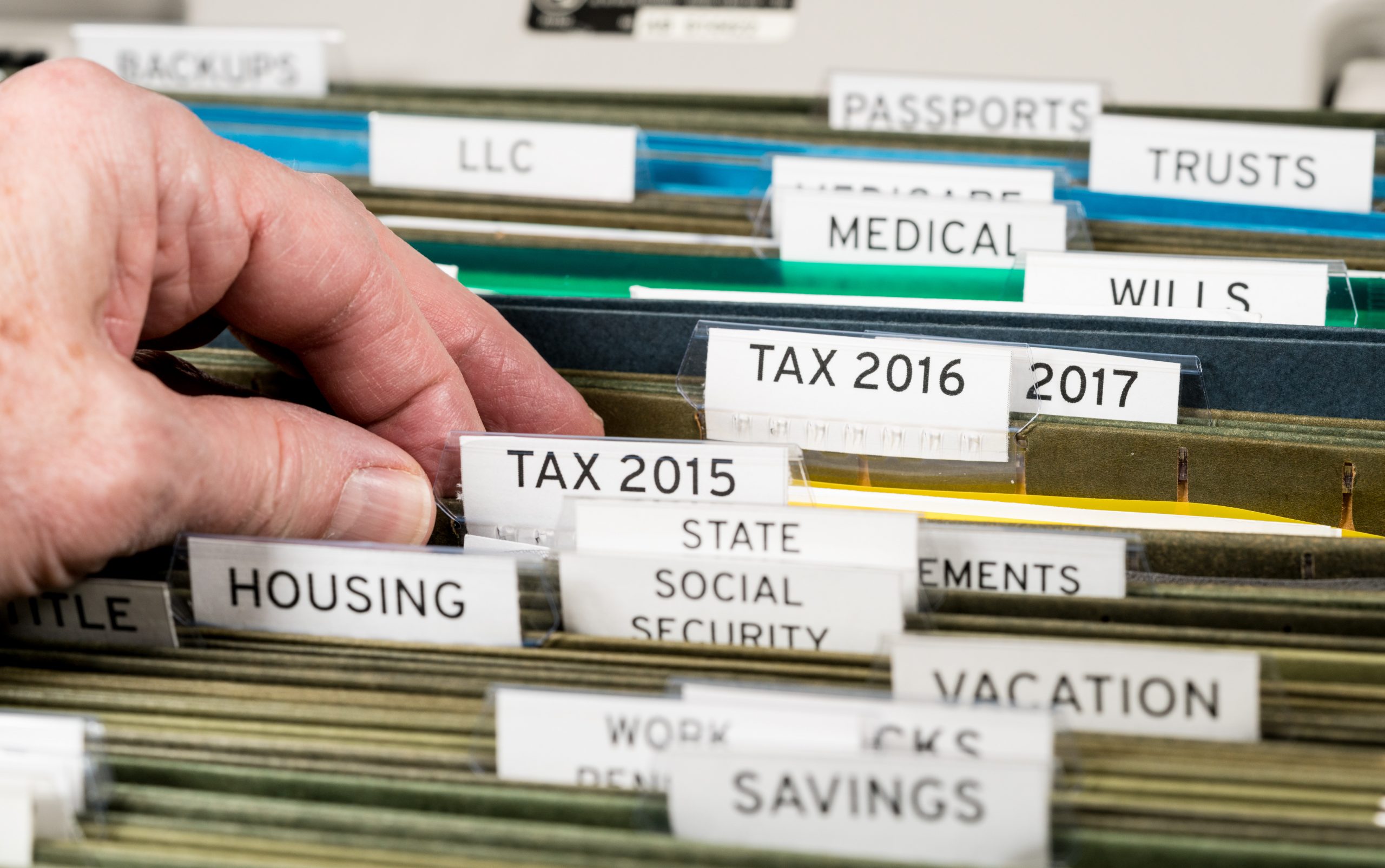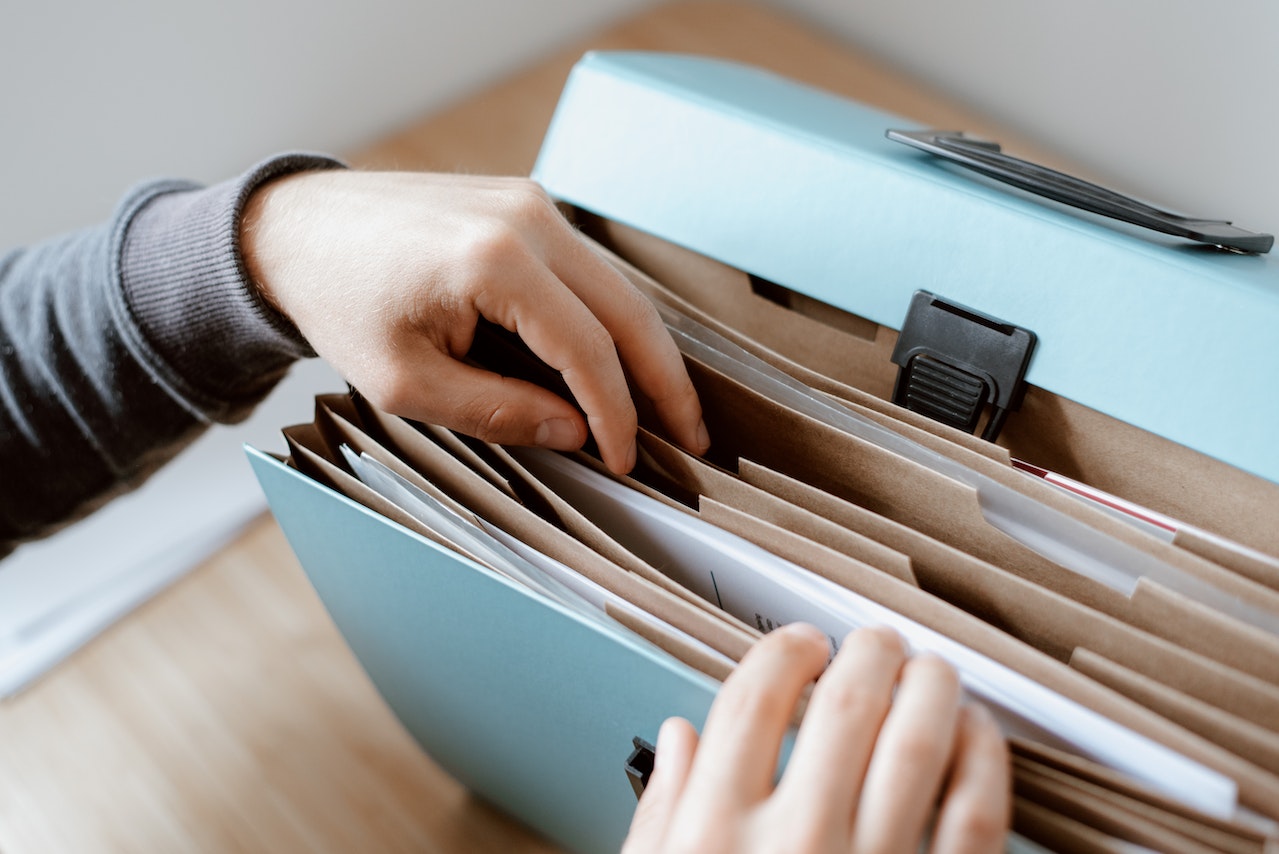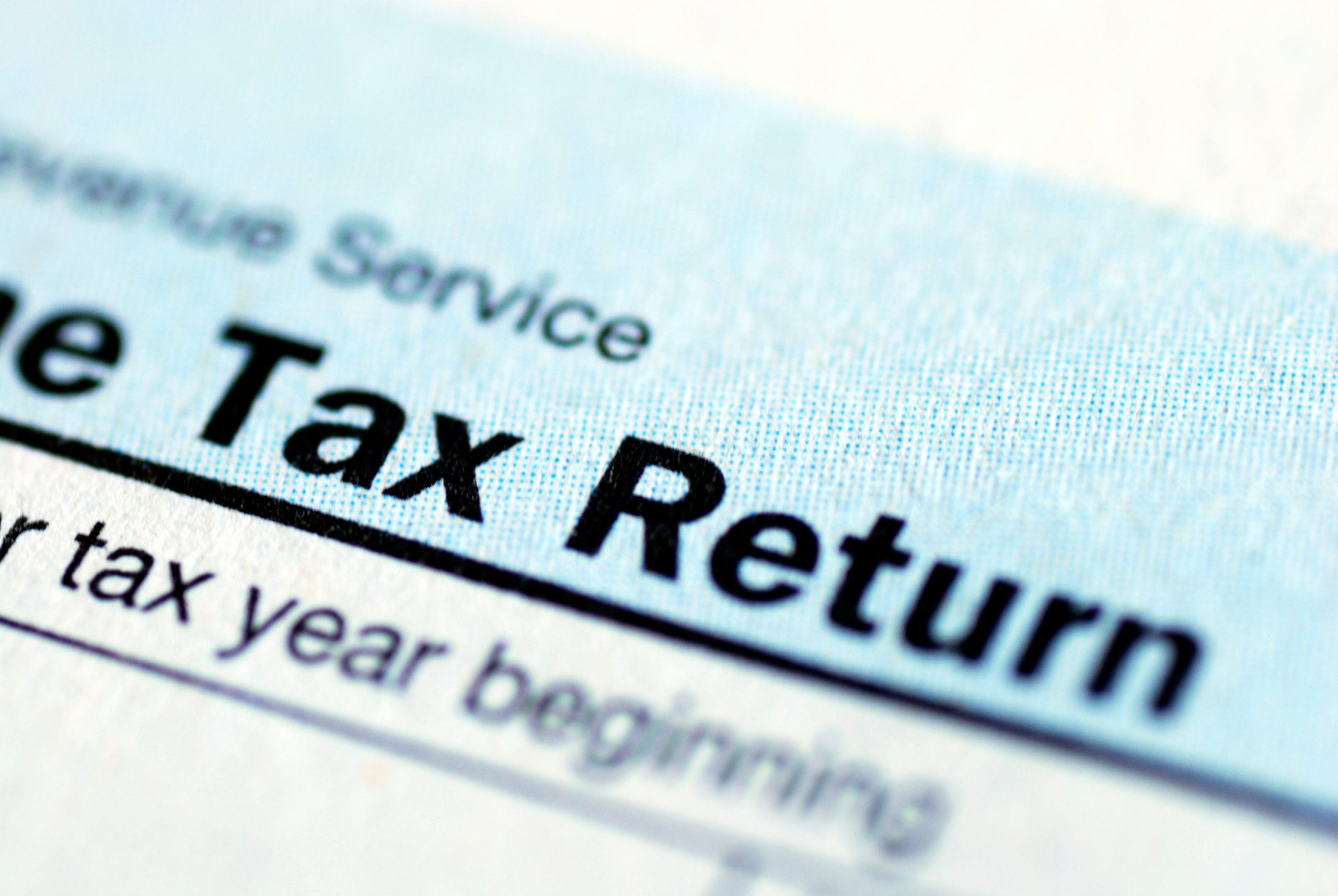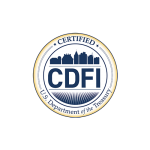
How to Organize your Documents for Tax Time.
It doesn’t have to be difficult. By planning ahead and creating a simple system for storing your documents, you can eliminate the stress of filing your taxes each year. As tax season approaches, it’s important to have your financial records in order to ensure that you can file your taxes accurately and efficiently. Staying organized will not only help avoid any issues with the IRS, but it will also make the process of preparing your tax return a breeze.
First decide if you will be preparing your taxes, or if you will be having them prepared professionally. Getting organized will save you time and headaches. Whether you decide to do your taxes yourself or hand them over to a professional.
Time to Get Organized!
Don’t wait until April to begin. Plan in advance and gather up all the financial records that you’ll need to file your taxes. Depending on your situation, the documents you need may include:
W-2 forms: These are issued by your employer and show your income and any taxes that were withheld from your paychecks throughout the year.
1099 forms: If you received any income from sources other than your regular job, such as freelance work or investment income, you’ll likely receive a 1099 form for each source. These forms also show the amount of income you received and any taxes that were withheld.
Banking information: This includes your bank and credit card statement, 401K, mortgage payments, mutual funds, student loans, investments and retirement savings.
Property taxes: If you have paid off your mortgage you will need a hard copy receipt of both your winter and summer taxes.

Tax preparation: if you use a professional to prepare your taxes the cost is fully deductible on the following year’s filing.
Charitable donations: If you made any charitable donations throughout the year, you’ll need to have receipts or other documentation to show the amount of your donations.
Medical expenses: If you had any significant medical expenses throughout the year, you may be able to claim them as deductions on your tax return. Keep all receipts or other documentation related to your medical expenses.
Child care: (if you have young dependents) provide appropriate receipts.
Business expenses: If you have self-employed income from side jobs or if you own a small business, you’ll need to keep track of any business expenses that you incurred throughout the year. These may include things like office supplies, travel expenses, and advertising costs.
Now that we’ve discussed the types of financial records that you’ll need to have on hand, let’s talk about how to organize them. Here are a few solid ideas to help you get started:
Keep all of your financial records in one place: The first step in organizing your financial records is to gather everything that you’ll need in one place. This might include physical documents like W-2 forms and 1099s, as well as digital copies of receipts and other documentation.
Create a filing system: Once you have all of your financial records in one place, you’ll need to create a filing system to keep everything organized. You might choose to use a physical filing cabinet or a digital filing system, or even a simple accordion folder. The important thing is to choose a system that will work for you.
Label your documents: As you file your financial records, be sure to label them clearly so that you can easily find what you’re looking for when it’s time to prepare your tax return.
Consider using tax software: Tax software can be a useful tool for organizing your financial records and preparing your tax return. Many tax software programs allow you to import your financial records directly from your bank and other financial institutions.
Write notes on your receipts: If you are reporting 1099 income and deducting job-related expenses, your receipts will need to include the amount, location, date, and type of expense.
Storing tax records?
As a general rule, you should hang on to your individual federal tax records for three years after you file.

Final thoughts
By gathering all of your financial records in one place, creating a filing system, labelling your documents, and keeping track of deadlines, you can make the process far less stressful.
Remember to keep your financial records organized throughout the year, keep them in a secure location and keep track of any changes to your financial situation.
Don’t be afraid to seek the assistance of a professional tax preparer if need additional help or if you get behind on filing. Take a deep breathe, tackle one document at a time and soon you will be on your way to be well-prepared when it’s time to file your tax return.






